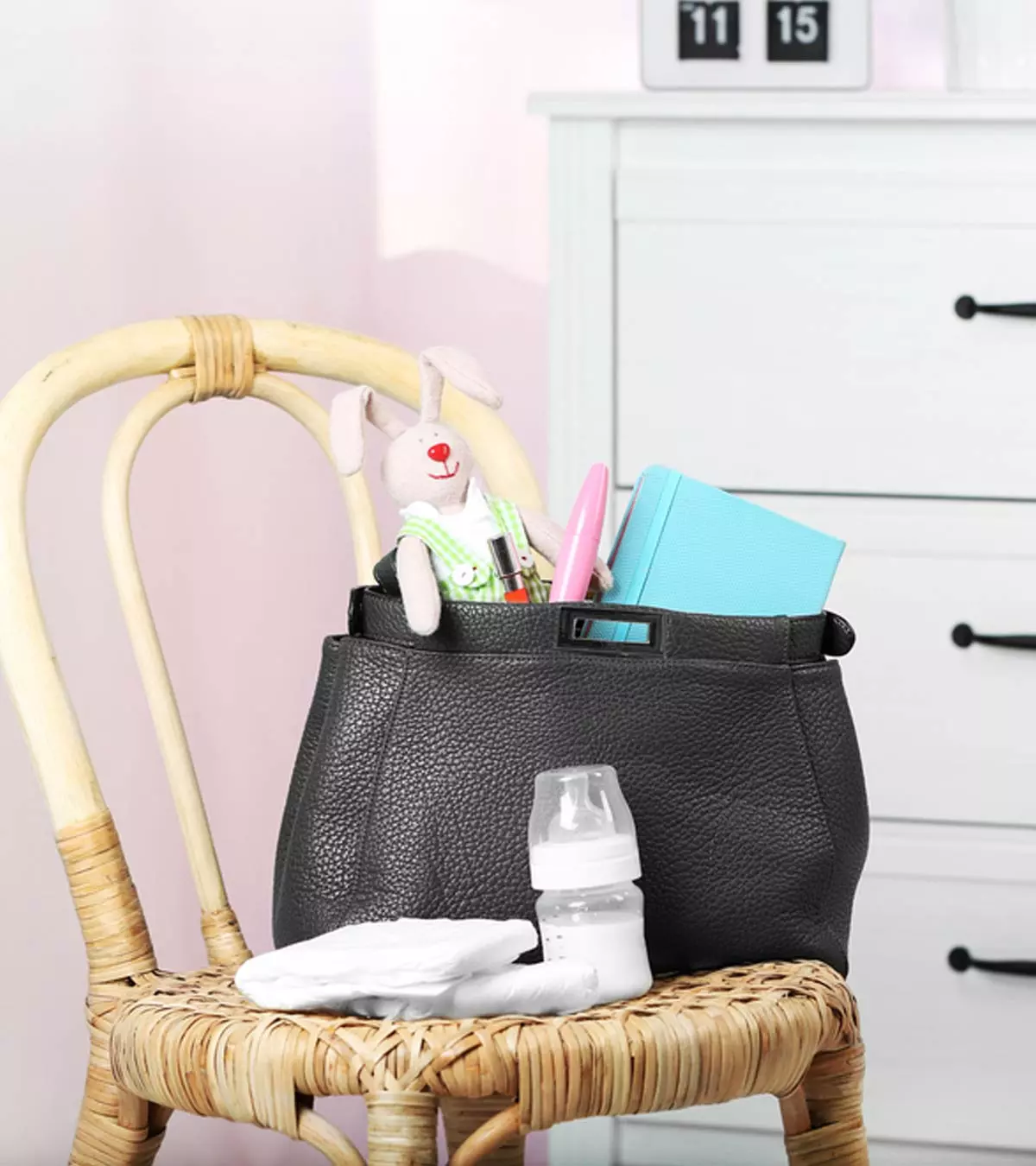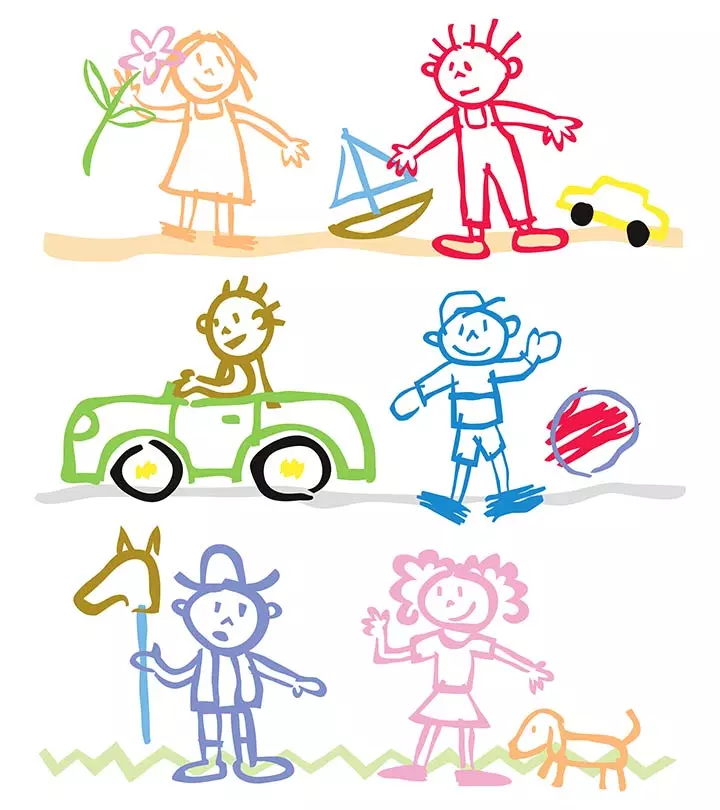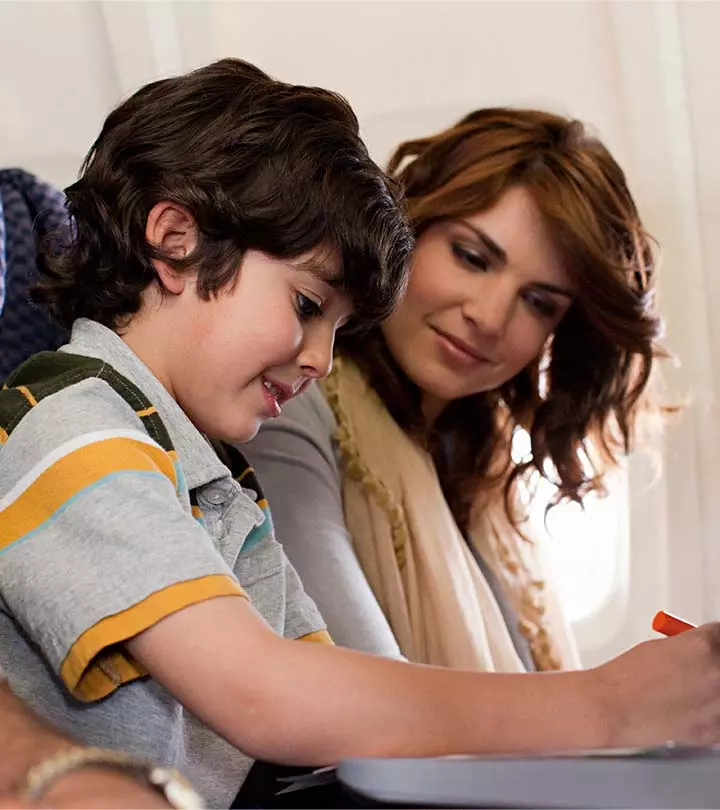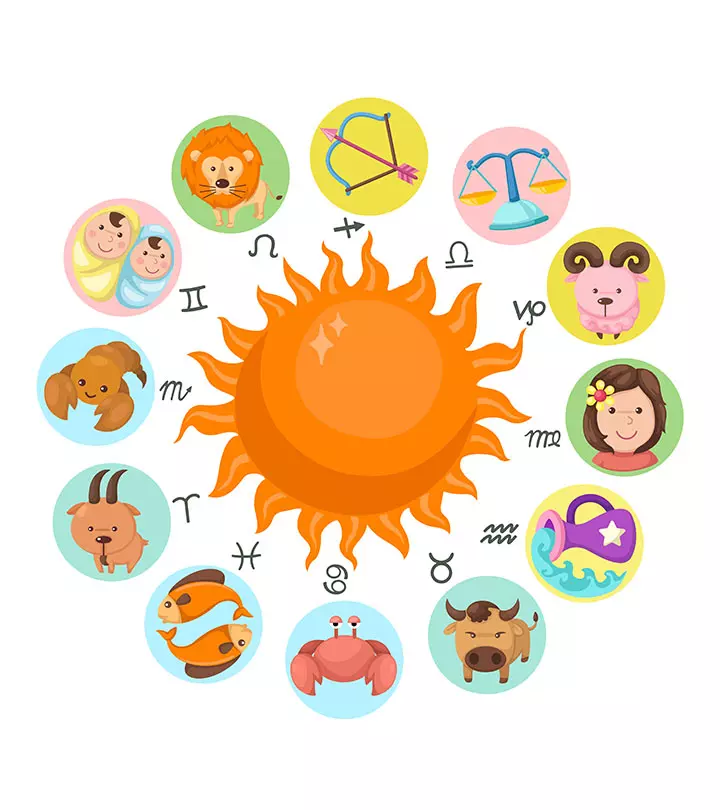
Image: iStock
Teachers are like second parents to children. Once your child starts going to school, they will spend the majority of their time with their teachers. Teachers are there to guide and teach students to reach their full potential. And in the years to come, teachers will have a great role in shaping children to grow up and become responsible adults. Given such importance of teachers in your child’s life, it’s essential to maintain a certain level of transparency with them about your child as well as you.

Disclosing and letting the teacher in on certain situations can let them help your child better. They will be better prepared in dealing with the specific issue your child might be going through. We’ve compiled a list of things that you simply can’t afford to hide from your child’s teacher. Here you go:
1. If Your Child Has A Learning Difficulty
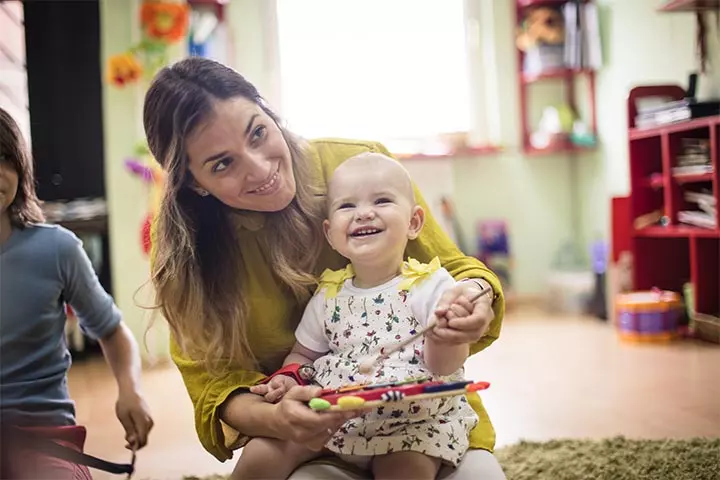
Image: IStock
If you’ve noticed any particular learning difficulty in your child, it is imperative that you bring this to the attention of their teacher. In doing so, the teacher will assist your child better or provide alternative techniques of learning. Many parents are aware that their child has a learning difficulty but refrain from informing the teacher for fear of personal biases. There is nothing to be ashamed of if your child struggles with studies. Modern times call for modern methods and gone are the days when a child struggling with studies be treated differently from other kids.
2. If Your Child Has Health Issues
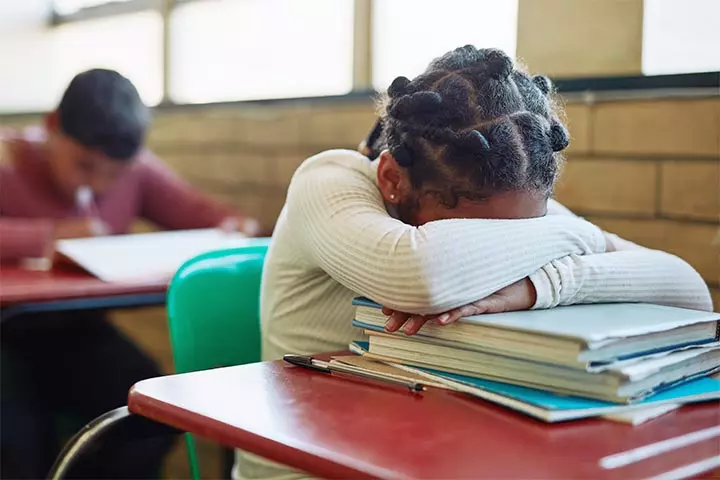
Image: IStock
Children spend a considerable amount of time in daycare or school. If your child has a particular health concern, it is of utmost importance to share this with their teacher. Be it allergies, or issues like asthma and diabetes, it’s imperative that the teacher and school authorities are equipped to handle situations of emergency. When teachers are aware of any such health conditions, it gives them the ability to act fast and provide the right medical attention.
3. If Your Child Can Be Difficult
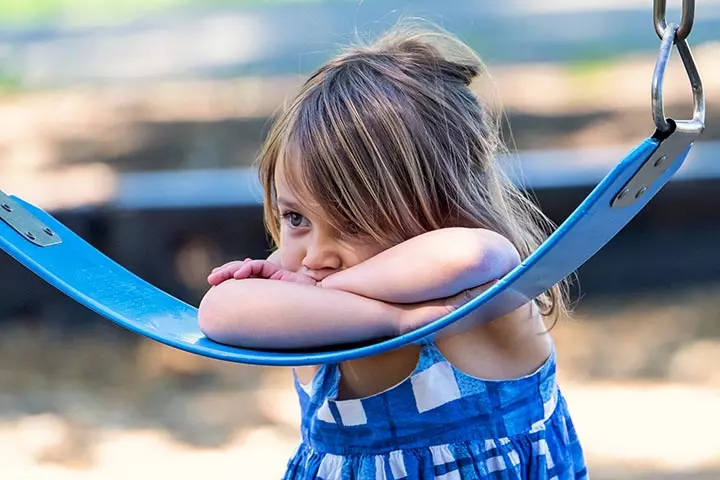
Image: IStock
Let’s face it — sometimes, children can be difficult to deal with. If your child seems to have behavioral issues or finds it hard to be in the company of others, it is best to notify the teacher of this. This will not just keep your child safe, but others too! For example, some kids simply don’t like the company of their peers. You don’t want your child harming someone else in case things don’t sit well with them. Or, it can be as simple as an eating problem. If your child is a fussy eater and their teacher knows this, they can use some tricks to get them to eat. When the teacher is aware, they can be prepared to deal with such situations.
4. If Your Child Has A Potty Problem
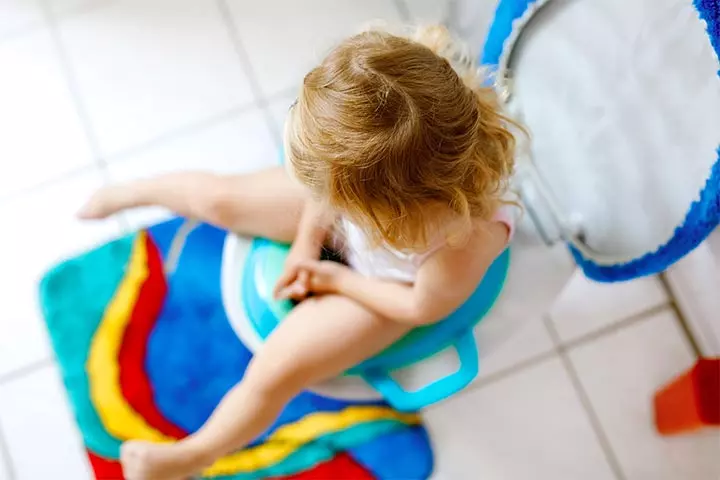
Image: IStock
Getting your child to be potty-trained is a milestone in itself. And just like every other milestone, some children overcome it faster than others. And that’s okay. If your child has taken longer than usual to be potty trained, and school or daycare has already begun, tell the teacher about this. It can save your child from a lot of embarrassment in the event of an accident. Also, the teacher might be able to help train your child quicker. A little extra attention from the teacher will instill the much-needed confidence in your child to not panic and use the toilet facilities to the best of their abilities.
5. If Your Child Is Being Bullied

Image: IStock
Your child is most likely to confide in you if they are going through a distressing situation. If your child has brought to your notice that they have been bullied, tell the teacher about it immediately. This way, the teacher can take measures to prevent it from happening again. Also, the child who is bullying your kid can be managed and counseled before things get out of control. In situations where your child is keeping the incident to themselves, you might notice a change in behavior or a rise in their levels of anxiety and stress. Have a talk with the teacher to try to observe whether your child is going through some secret bullying by peers or seniors.
6. If Your Child Can Be A Bully

Image: IStock
You may not like the sound of it, but sometimes, your child could be the bully. If you know that your child displays such tendencies, tell their teacher about it. This isn’t you snitching about your child. This is you doing what you can to safeguard and educate your child. The teacher will be able to keep a close watch on your child and intervene should the need arise. They can also school them better. Sometimes, an authoritative figure is better equipped to keep bullies in check. You never know; an intervention from a teacher may be exactly what your child needs to get over their bullying tendencies.
7. Your Child’s Likes And Dislikes
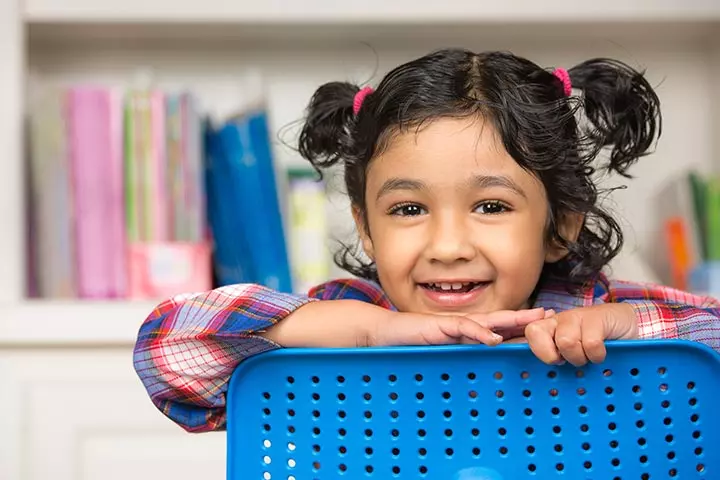
Image: IStock
Every child is unique. There may be certain things that your child is fond of and some that they dislike. Children can get defensive if they are forced to put up with something they dislike, leading to tantrums and other behavioral problems. If a teacher knows this, they can help your child. Similarly, conveying your child’s likes can help too. How so? Consider this as an example: your child loves art. When the teacher is aware, they can change the teaching methodology by incorporating more creativity into it. This will significantly enhance their learning experience.
8. Any Phobias Or Fears
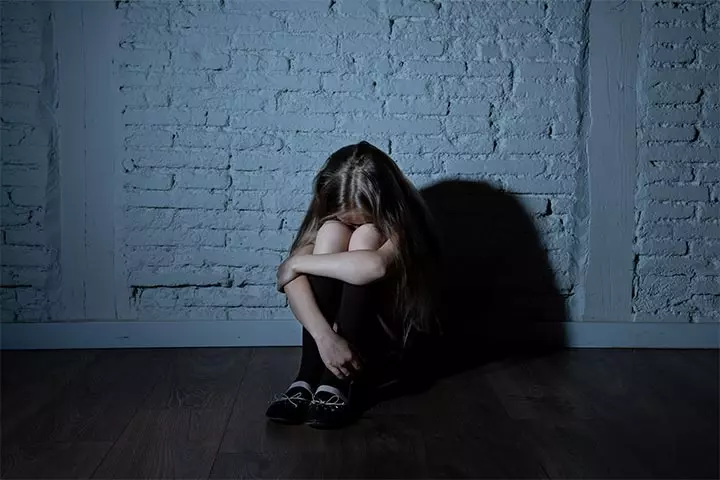
Image: IStock
Phobias are irrational fears, but the experience one goes through is very real. Let’s take the fear of clowns — Coulrophobia, for example. If you don’t have Coulrophobia, seeing a clown may be a very normal thing. You may even consider it funny. But for someone suffering from this, it can be a very frightening and distressing experience, so much so that they can display physical symptoms such as panic attacks. Let the teacher know if your child has any phobias so that they can avoid specific triggers (1).
You send your child to school because you know that they are in safe hands. You trust teachers to keep your child safe, so make an effort to understand that these things, too, must be shared with them to help them help your child better. Do you have some more to add to the list? Let us know in the comments section below!
References
- Specific Phobia
https://www.ncbi.nlm.nih.gov/books/NBK499923/
Community Experiences
Join the conversation and become a part of our nurturing community! Share your stories, experiences, and insights to connect with fellow parents.



